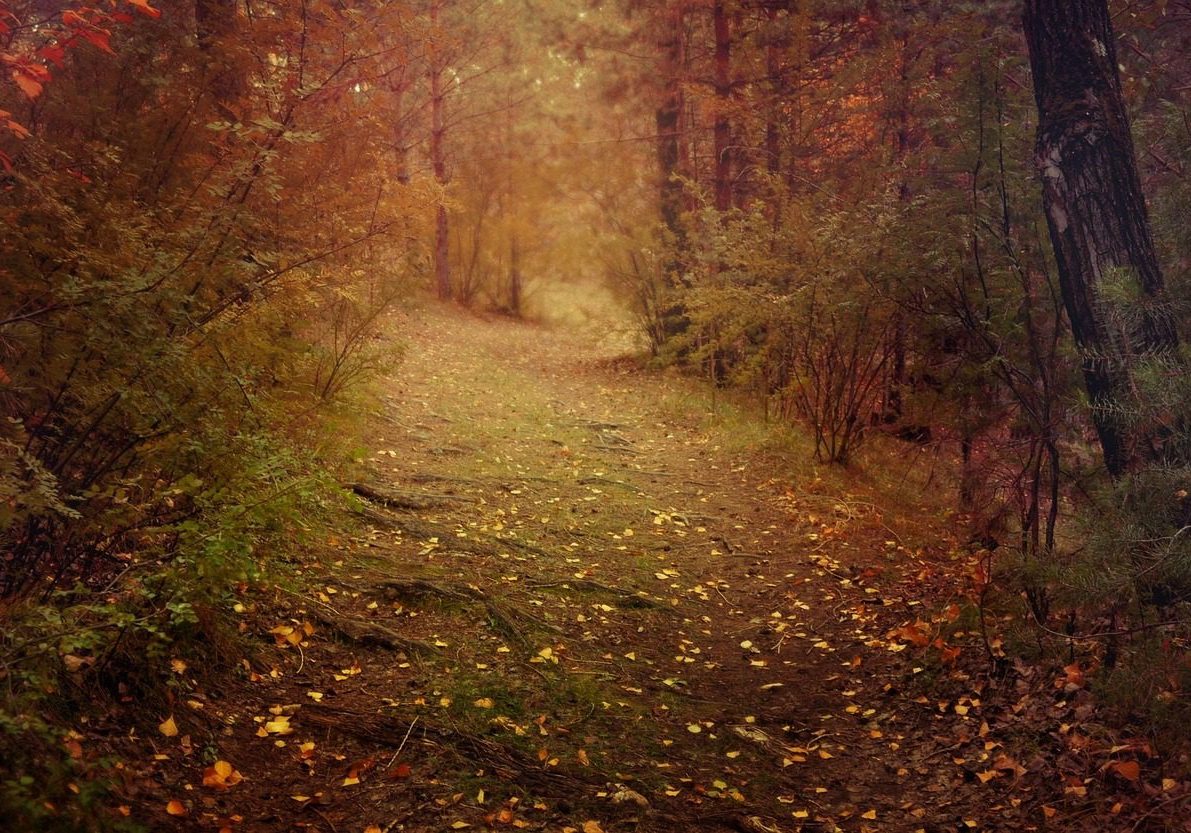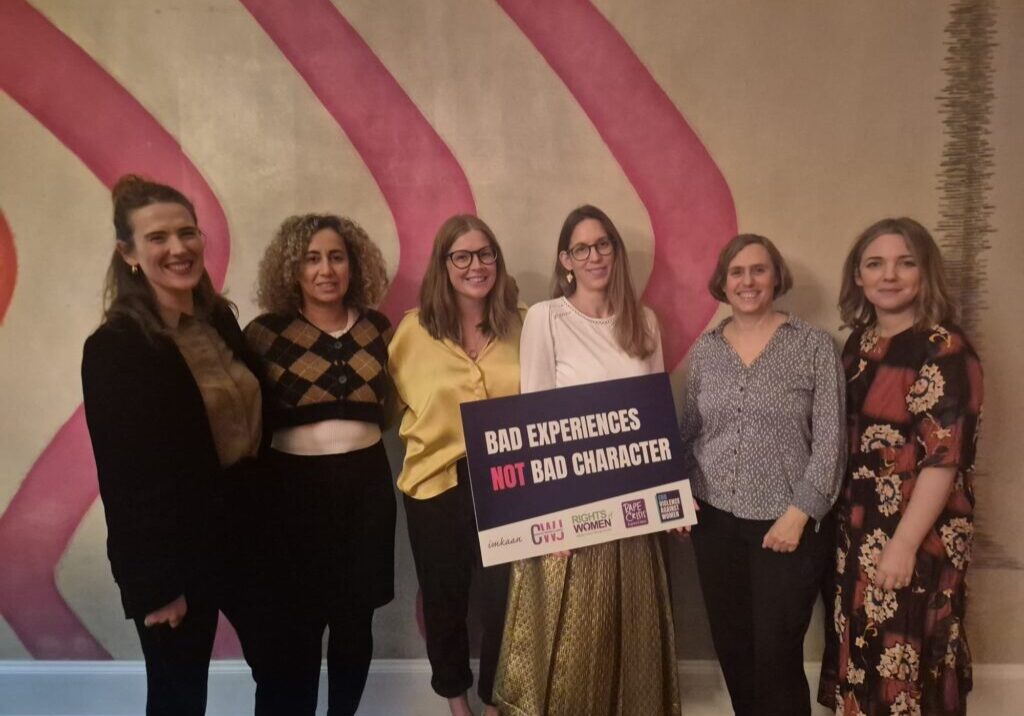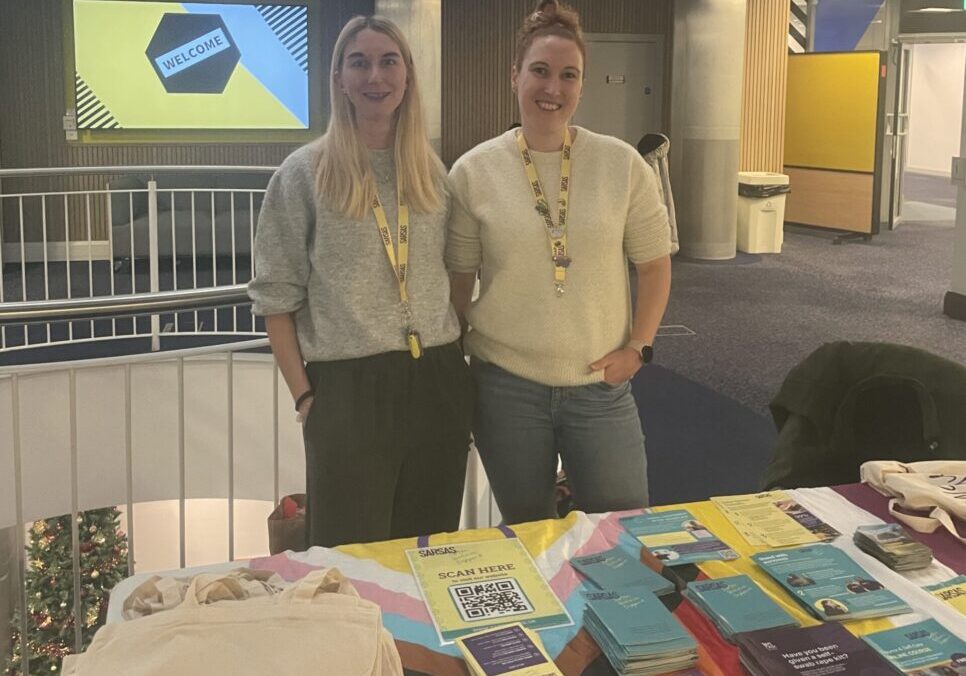
Can We Really Reclaim the Night?
A thoughtful blog from one of our counsellors about feeling less safe when the days get shorter and the season changes.
On 22nd October in Nottingham near where I live hundreds of women will march through the city centre to ‘Reclaim the Night’, there will be many similar marches in towns and cities across the UK. Women are taking a stance to reclaim the streets and make a stand against violence against women and girls. I’ve taken part in many such marches over the years, standing alongside other women can be very powerful, there is a strength that comes from collective voices, even when encountering groups of males who feel it’s still ok to shout abusive or degrading comments along the way, really highlighting why these marches still need to take place.
However, when the marching stops and everyone goes their separate ways, the collective voices go quiet and the banners are folded away until next year, do I or any other women and girls actually feel any safer walking alone at after dark?
As the nights start to get dark earlier and with the changing of the clocks my habits when walking in the evenings must change, no longer can I do my dog walk through the woods taking in the lovely sights and sounds of nature, these wooded areas in the dark now become places of fear and danger they bring about a feeling of anxiety that lives in the pit of my stomach. Every noise makes me want to turn and run as fast I can rather than stand and wonder at what might be causing the sound a bird a rabbit the wind. There are sections along the river I won’t visit again in the evening until the light nights return. I will have to take the long route around to get up to the park so not to take any risks walking along unlit narrow tree lined paths. My evening walks will have to be in areas where there are streetlights, where people will pass by where my whole body will not be on high alert for the dangers lurking in the dark.
Is there really evidence to support my fears, am I more likely to experience an assault in the dark nights of autumn winter than in spring, summer? Are my fears irrational and out of all proportion to reality and if so, why as woman do I feel the need to change my normal outdoor behaviour just because the light has changed?
How many women walk alone at night holding their keys in their hand to use as potential protection tool, walk along talking on their phone to a friend so someone always knows where you are, or with their finger hoovering over the call button?
Women and girls dealing with the everyday sexism, the comments women are supposed to put to one side and not react to, the experiences of women around us who tell us about the name calling, the unwanted approaches, being followed home, told to smile, expected to chat to even when we want to just get by, the sexual assaults and rapes. The realisations that we can’t really risk confronting some of these male behaviours as we may put ‘ourselves’ in danger and if anything did happen, we are likely to be blamed and shamed from wider society for our actions of just going out alone at night.
All these experiences contribute to that inner feeling of discomfort or fear when walking along alone at night. Maybe this feeling is irrational, and not based on any factual evidence, it is certainly very annoying and frustrating.
As I’ve got older, I feel more empowered and in control over most aspects of my life I don’t have the same anxieties as I did as a young woman, I feel able to stand up against misogynistic behaviours, to challenge sexism, I go to watch male football on my own, I’m happy to sit alone in a pub having a meal and drink, I’m more than happy to go away on holiday by myself. But I’m still afraid of what’s outside in the dark!
So yes, I’ll continue to join in the reclaim the nights marches I will continue to try and educate my males friends and family members about women’s experiences, I will carry on calling out inappropriate male comments and behaviours. And I’ll look forward to next spring and the return of my freedom to roam.





